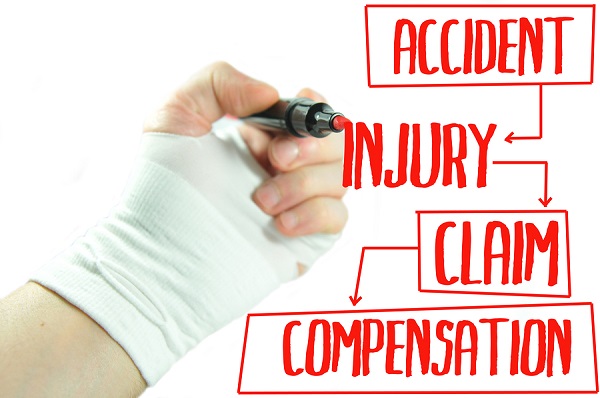Injuries while in uniform: Am I covered if I am injured in my own personal vehicle?

It is a fact of life that police officers, on occasion, find themselves in their own personal vehicles but in uniform. Whether it is on the way in to the barracks, on the way home after a shift or for a multitude of other reasons, accidents and injuries do occur under these circumstances. The question arises, under the Maryland Workers’ Compensation law, as to whether these injuries are covered or “compensable.” Generally, the law provides that injuries suffered going to or coming from work are not compensable – this is the “going and coming rule.” Then there are the exceptions to the rule – many of which have created a great amount of litigation.
Act One – Montgomery County, MD v. Pamela Wade (1991) – Montgomery County police officer Pamela Wade was operating her marked police cruiser, off duty – not in uniform and on a personal errand – driving her mother to her grandmother’s house for dinner. She was rear-ended and injured significantly – so much so that she eventually had to retire on disability. The undersigned filed a Maryland workers’ compensation claim alleging that the use of the police cruiser, in full compliance with the County’s personal patrol vehicle program was a significant benefit to the County and that, as such, the “employer conveyance exception” to the going and coming rule applied. A jury and both Courts of Appeal agreed. Officer Wade’s injuries were therefore compensable under the law – and this rule has state-wide application for all law enforcement officers by virtue of the decision of the Court of Appeals.
Act Two – State of Maryland v. Oliver O. Okafor(2014) – Trooper First Class Oliver Okafor was operating his own vehicle, in uniform, while on his way in to the Forestville barracks on January 25, 2013. His purpose – to obtain a fleet vehicle for use on patrol because his assigned cruiser was disabled. The evidence demonstrated that the State provided Trooper Okafor with a take home cruiser for his use – and typically, the officer would call in upon entry of that cruiser – at his residence – that he was “in service.” When Okafor was involved in an accident and sustained injuries on January 25, 2013 while in route to the barracks, it was at a time when he would have been, but for the fact that his cruiser was disabled, operating the take home cruiser and in service. The Court of Appeals considered the “going and coming “rule but determined that the evidence supported a finding that the “free transportation” exception to the “going and coming” rule applied. When the State agreed to furnish free transportation to Okafor to and from work, Okafor’s work day started when his commute to work started and ended when that commute was over. Significantly, the Court noted that the injury would have been covered even if the free transportation was not being used at the time – because the employment begins, under this exception, when the work day began – at the beginning of the commute – whether it was by means of the “take home cruiser”, personal vehicle, or public transportation. (Note: The Court, in part, utilized a 1977 non-public safety case, Ryan v. Kasakeris, to reason that when the employer provides the commute, an injury occurring anywhere during the commute arises out of and in the course of the employment) The Okafor case made significant advances in coverage for law enforcement officers who are provided take home cruisers.
Act Three – The future? There can be no doubt that future cases will deal with accidents with other factual scenarios – such as injuries that occur while an officer, who is assigned a take home vehicle – is injured on his way to retrieve it at the County line – because he/she lives outside the County. Will this commute be compensable given the free transportation exception to the “going and coming” rule? We take the position that this commute is within the course of employment because law enforcement officers have jurisdiction state wide to exercise their powers depending upon the circumstances. If the officer would normally be using the take home cruisier, the fact that he/she lives outside the County and must retrieve it at the County line should be insignificant to the greater purpose of providing law enforcement services to the public at all times when the officer would normally be utilizing a police vehicle. Stay tuned.
